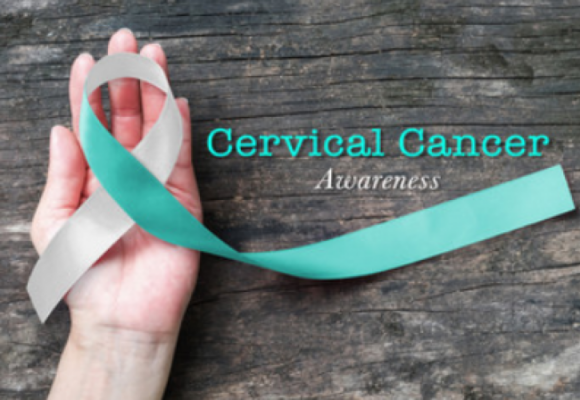Jo’s Cervical Cancer Trust, a UK-based charity helping people who have been affected by cervical cancer, has warned that women with physical disabilities are struggling to access screening for cervical cancer.
What is cervical cancer screening, and why is it important?
Cervical Screening checks the health of the cervix, and can detect pre-cancerous or abnormal changes in the cervix. The cervix is the opening to the womb from the vagina. The screening is also known as a ‘smear test’; that term comes from the fact that until recently, a sample of cells from the cervix would be taken and then smeared across a glass slide so that the cells could be looked at under a microscope.
Women are invited for cervical screening through the NHS once they turn 25; they are then re-tested every 3 years until they reach 50, when screening takes place every 5 years. The screening itself usually takes 5-10 minutes, and will normally take place at the GPs surgery. It involves a speculum (a tube-shaped tool) being put into the vagina to allow a soft brush to be passed into the vagina and for a sample of cells to be taken from the cervix. Guidance from the NHS says that whilst some women will find the test uncomfortable or awkward, most women do not experience any pain.
The results from the screening are normally available within 14 days, and depending on the results you may need a different type of examination to look more closely at the cervix, another screening test, or no further treatment at all.
Why are women with disabilities having problems accessing screening?
Jo’s Trust has found a number of issues that are causing women with physical difficulties to have problems accessing cervical screening, including:
● Wheelchair Access – only 63% of women surveyed said that their GP practices have access for wheelchairs and so some women cannot attend for screening.
● Lack of Equipment – some women with physical disabilities would need equipment, such as a hoist or height-adjustable couches, in order to transfer themselves to a couch for the screening to take place. Only 1% of those surveyed have a GPs practice with a hoist available.
● Home Visits – for those unable to easily leave the house, home visits should be offered so that screening can be carried out, but 22% of respondents said that their GP doesn’t offer home visits.
Summary
It is clear from the Trust’s work that women with disabilities are facing significant difficulties in having cervical screening carried out. Jo’s Trust recommend five action points: more support from national screening providers, improved policies at GPs surgeries, increased monitoring by the CQC, more research into how screening can be carried out for women with physical disabilities, and increased training being provided to those who carry out screening.
The Trust takes a common-sense approach to recommending improvements. Cervical screening is one of the best ways that a woman can protect herself from cervical cancer, and in a modern society women with disabilities should not be stopped from accessing screening. Solutions have been recommended, let’s see them put into place.
Joseph Norton
Head of Compensation, Waldrons Solicitors
